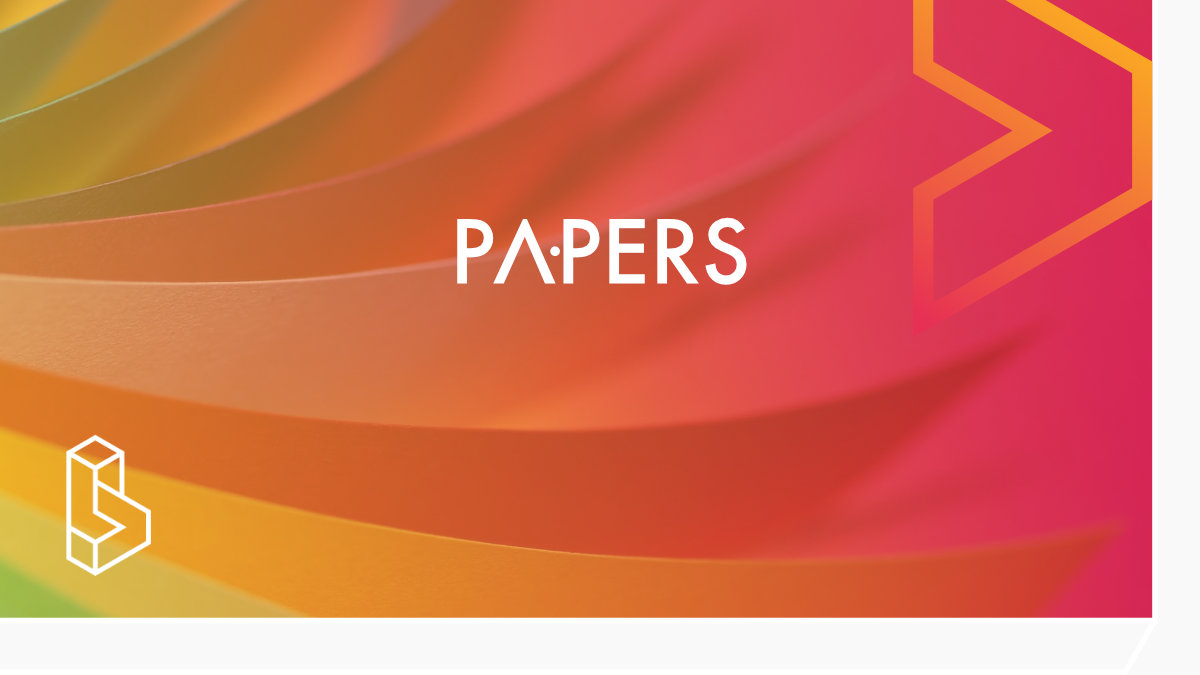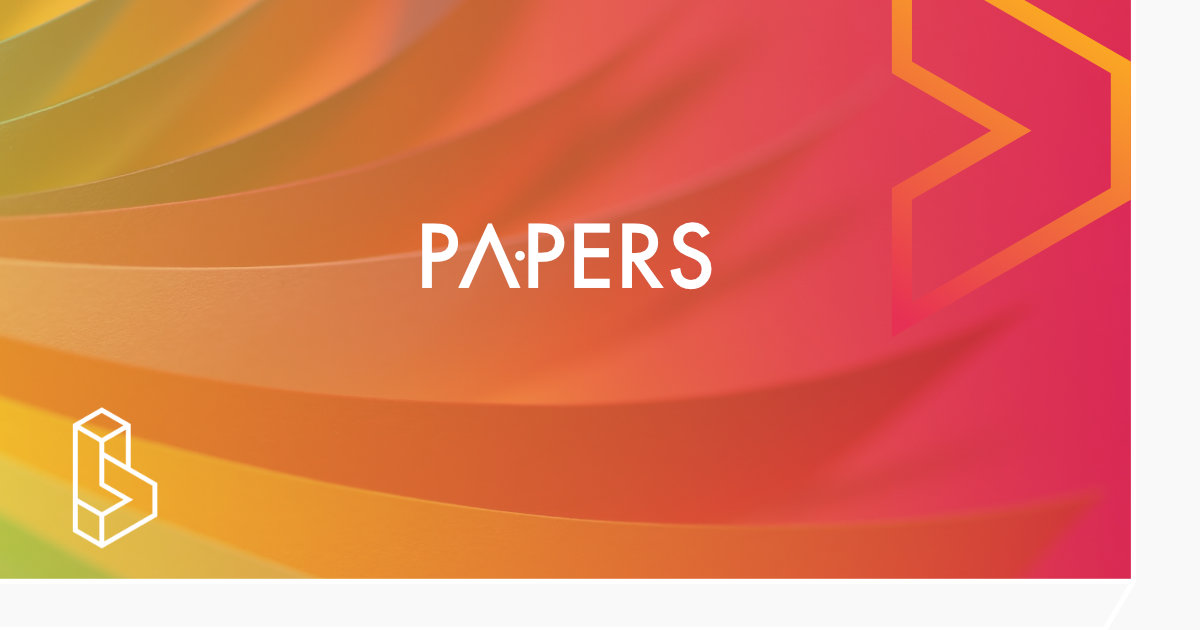This retrospective analysis (n=100) of the effectiveness of ketamine (35mg/70kg) for borderline personality disorder (BPD) in those with treatment-resistant depression (TRD) finds that intravenous ketamine significantly reduces symptoms of depression, borderline personality, suicidality, and anxiety in patients with comorbid BPD and TRD. Both BPD-positive and BPD-negative groups showed significant improvements in the primary outcome measures, with no significant difference between groups.
Psychiatry Research
March 2023
Cited by 0
This review (2022) makes the cases for using MDMA-assisted therapy (MDMA-AT) in the treatment of borderline personality disorder (BPD). The authors draw parallels between using MDMA-AT to treat disorders similar to BPD, such as PTSD, and provide considerations for designing future clinical trials.
Academic Psychiatry
October 2022
Cited by 0
This observational study (n=45) suggests that ayahuasca may have a beneficial effect on psychological functioning by improving mindfulness-related capacities. The authors suggest that ayahuasca-assisted therapy could play a role in treating those with borderline personality disorder (BPD) traits.
Psychopharmacology
November 2018
Cited by 27
This randomized controlled trial (n=22) is the first to study ketamine (35mg/70kg) in Borderline (BPD) in a placebo-controlled study. The study didn't report statistically significant differences between the ketamine and midazolam (active placebo) groups, though it did show a positive trend.
Neuropsychopharmacology
February 2023
Cited by 0
This case study (n=1) examines the therapeutic use of ayahuasca in a woman in her late thirties suffering from complex trauma, bipolar disorder, borderline personality disorder, and suicidality. Participation in multiple ayahuasca ceremonies led to significant alleviation of distress, resolution of suicidality, and recognition of her bipolar disorder diagnosis, though core trauma remained partially unresolved. A subsequent follow-up showed continued reduction in dissociative symptoms and noted positive effects of ayahuasca on other instances of psychosis and bipolar disorder. The study contributes to a better understanding of ayahuasca's potential in treating bipolar disorder and severe traumatization.
Psyarxiv
May 2023
Cited by 1
This review (2016) examines the pharmacology and neuroscience of ayahuasca, and preliminary findings which indicate the psychological mechanisms associated with its therapeutic benefits are similar to those of mindfulness-based therapy. Ayahuasca appears to enhance self-acceptance and decentering, which converges on evidence from neuroimaging studies that show activation in areas associated with emotional processing and memory formation, thereby enabling individuals to review emotional events with increased vividness and a heightened sense of “reality”. This suggests potential to treat trauma-related conditions and other disorders like borderline personality disorder.
Brain Research Bulletin
March 2016
Cited by 131
This study (2022) examines the group therapy model used in MDMA and LSD therapy in private practice in Switzerland. The majority of patients suffered from PTSD with psychedelic therapy addressing symptoms like regulation of emotions and impulses, negative self-perception, alterations in relationships with others, as well as meaning, recall, and processing of traumatic memories. MDMA was most often used in the first phase to enhance motivation to change while LSD was introduced to intensify and deepen the therapeutic process.
Frontiers in Psychiatry
April 2022
Cited by 0
This open-label study (n=20) found that dosages of psilocybin (10, 25mg) in a supportive setting, for those with treatment-resistant depression (TRD), changed their personality. At 3-month follow-up, Neuroticism was decreased, Extraversion and Openness were increased. The changes were similar (but more pronounced) to changes after conventional antidepressant treatment.
Acta Psychiatrica Scandinavica
June 2018
Cited by 167
This prospective observational study (n=807) analysed negative psychological responses to psychedelics, defining it as a clinically meaningful decline in mental health four weeks post-use. They found that 16% of participants experienced negative responses, with a notably higher prevalence (31%) among those with a prior diagnosis of personality disorder. The study implies that individuals with a history of personality disorder might face elevated risks with psychedelic use, emphasizing the need for enhanced psychological support and therapeutic alliance in this population.
Journal of Psychopharmacology
March 2024
Cited by 0
This open-label feasibility study (n=17) showed that psilocybin-assisted group therapy (21-25mg/70kg) was safe and effective for the treatment of demoralization in older long-term AIDS survivors.
EClinicalMedicine
September 2020
Cited by 10
This placebo-controlled, double-blind study, phase 3 study (n=226) compared esketamine (84mg, nasal, 2xp/w for 4w) with a placebo spray and found esketamine to be effective in lowering depression scores (MADRS) for those suffering from depression (MDD) and suicidal ideation (SI). Scores on a measure of SI was, however, not significantly different between the two groups.
Journal of Clinical Psychiatry
May 2020
Cited by 27
This review article (2018) looks at the pre- and post-prohibition clinical studies on psychedelics and offers strategic advice on the legal and regulatory hurdles.
Neuropharmacology
December 2017
Cited by 371
This meta-analysis (n=423) of studies before prohibition (1949-73) of treating unipolar mood disorders (depression) showed that, besides the many flaws of the studies, the results were positive (79% of participants showed improvements, few side-effects).
Journal of Psychopharmacology
November 2016
Cited by 112
This open-label waitlist trial (n=30) assessed the feasibility of psilocybin-assisted psychotherapy (PAP/PAT) in a complex population with treatment-resistant depression (TRD), including major depressive and bipolar II disorders, baseline suicidality, and significant comorbidity. Participants received one, two, or three sessions of PAP with psilocybin (25mg), accompanied by preparation and integration psychotherapy sessions. Immediate treatment showed greater reductions in depression severity (MADRS) compared to the waitlist period, with a large effect size (g = 1.07, p < 0.01). Repeated doses were associated with further reductions in depression severity. Adverse events were transient, and the study demonstrated feasibility, preliminary antidepressant efficacy, safety, and tolerability in this population.
Medicine
February 2024
Cited by 1
This (2021) review presents the neurobiological therapeutic mechanisms by which psychedelics work, with a focus on outcomes on 1) neuroplasticity, 2) immune system, and 3) effects on neurotransmitter (-modulator) systems.
Pharmacological Reviews
January 2021
Cited by 5
This placebo-controlled study (n=56) investigated the acute effect of psilocybin (15mg/70kg) on empathy and moral decision-making in healthy human subjects. The results found the first such evidence that psilocybin has distinct effects on social cognition by enhancing emotional empathy but not moral behavior. It also supports previous findings, indicating that psilocybin may promote emotional empathy presumably through activation of serotonin 2A/1A receptors, showing that focusing on serotonin 2A/1A receptors has the potential to treat dysfunctional social cognition.
International Journal of Neuropsychopharmacology
June 2017
Cited by 66
This review (2017) examined clinical trials that investigated the antidepressant efficacy of ketamine for unipolar (MDD) and bipolar depression (BD). Results indicate that intravenous and intranasal ketamine produces strong reductions of depressive symptoms within a short period and with response rates up to 88%, however, depressive relapse occurs in up to 90% of patients within 2 weeks after treatment.
International Journal of Psychiatry in Clinical Practice
January 2017
Cited by 63
This review article (2020) argues that mindfulness meditation (MM) and psilocybin may work through similar mechanisms and may be complementary.
Frontiers in Psychiatry
March 2020
Cited by 11
This review (2016) investigated the claim that harmine can have neuroprotective and cognitive-enhancing effects by reviewing animal and cell-based studies. The results point towards an effect and the authors recommend (more) conducting preclinical and human studies.
Journal of Psychoactive Drugs
December 2016
Cited by 38
This review (1998) looks at the history of LSD as a possible treatment for alcoholism (AUD). It highlights the research that had been done and how psychedelics were subsequently relabelled as drugs of abuse.
Journal of Psychoactive Drugs
September 2011
Cited by 166
This observational study (n=25) found that ayahuasca intake led to significant increases in mindfulness comparable to those obtained after extensive mindfulness practice. The authors argue that this effect may be the mediating factor responsible for ayahuasca's observed therapeutic potential.
Psychopharmacology
November 2015
Cited by 136
This article (2023) presents proposed comprehensive guidelines for psychedelic integration, developed through an international, bottom-up project that involved literature reviews and roundtable discussions. These guidelines aim to fill the gap in mental health specialist training, providing theoretical and practical insights into psychedelic integration. They cover topics such as the effects of psychedelics, the definition of psychedelic integration, theoretical considerations, a model for integration practice, current integration models, and specific interventions from various psychotherapeutic approaches.
Frontiers in Psychology
October 2023
Cited by 0
This retrospective follow-up study (n=151) assessed the case material of 151 patients who applied for financial compensation for harms elicited by psychedelic treatments administered between 1959 to 1973 and re-evaluated in 1986. It found that one-third of the patients experienced a transient improvement in their mental state independent of the diagnosis, while the mental state of another third of the patients deteriorated with treatment.
Nordic Journal of Psychiatry
July 2017
Cited by 9
This review (2023) focuses on the role of the ego in psychedelic-assisted psychotherapy (PAT), particularly through a psychodynamic lens. It argues that psychedelics induce regressed states of the ego, allowing for emotional integration of early life events that have shaped a person's character and defence mechanisms. The paper posits that for lasting change, PAT must target the characterological core of the ego's habitual patterns, and it suggests that this psycholytic approach is compatible with other forms of PAT like third-wave cognitive behavioural approaches (CBT/ACT).
Frontiers in Neuroscience
October 2023
Cited by 0
This placebo-controlled animal study (n=40) investigated the effects of ketamine (0.5 - 3 mg/kg) and psilocin (0.05 - 0.075 mg/kg) microdosing on anxiety-related explorative behavior in rats and found that both substances caused mild anxiety as measured by a reduction of explorative behavior on an elevated open surface.
Behavioural Pharmacology
September 2018
Cited by 20
This pilot RCT study (n=27) investigated the potential of a single ketamine infusion (35mg/70kg), followed by brief exposure therapy, to enhance the extinction of trauma memories in individuals diagnosed with PTSD. Participants were randomly assigned to receive either ketamine or midazolam after retrieval of the traumatic memory, and underwent trauma-focused psychotherapy 24 hours later for four days. While PTSD symptoms improved equally in both groups, post-treatment ketamine recipients showed lower amygdala and hippocampus reactivation to trauma memories than midazolam recipients, suggesting that ketamine may enhance the post-retrieval extinction of trauma memories.
Neuropsychopharmacology
June 2023
This analysis of an RCT (n=59) investigates the impact of psilocybin-assisted therapy (PAT) and escitalopram on personality traits in patients with moderate-to-severe major depressive disorder over a 6-week trial period. Significant decreases in neuroticism, introversion, disagreeableness, and impulsivity, and increases in absorption, conscientiousness, and openness were observed in the PAT group, while similar changes were seen in the escitalopram group.
Psychological Medicine
June 2023
Cited by 0
This analysis of a double-blind, parallel-arm, randomized placebo-controlled trial (n=29) investigates the impact of ayahuasca on suicidality (SI) in individuals with treatment-resistant depression (TRD). It found that ayahuasca may show potential as a fast-acting and innovative intervention for SI but didn't find significant results (only a trend with a large effect size). This is the first study to investigate ayahuasca for SI.
Frontiers in Pharmacology
November 2019
Cited by 15
This rodent study examines the behavioral pharmacology of psilocybin (0.25, 1, 4 mg/kg) with respect to sex differences and the underlying receptor mechanisms. Psilocin produced dose-dependent inhibition of locomotor activity, social behaviors, and startle reflex, which was mediated by the 5-HT2A, 5-HT1A, and 5-HT2C/B receptors, and more pronounced in male compared to female rats.
Behavioural Pharmacology
June 2016
Cited by 25
This pre-print open-label trial (n=14) organised by ATMA Journey Centers finds psilocybin to be safe, with peak systolic (146) and diastolic (94) blood pressures to be within acceptable ranges. Secondary analyses find a significant decrease in depression (QIDS-SR16) and high mysticism scores (MEQ-30).
MedRvix
April 2023
Cited by 0
Find Psychedelic Papers
Find all relevant psychedelic research papers in our ever-growing database. Here we cover and connect the latest research and seminal papers. From early open-label psychedelic studies with healthy volunteers to large-scale double-blind, placebo-controlled trials.
We have not only indexed over 2000 papers but have added additional contexts such as type of study, a compound studied, which paper it’s related to, the trial associated with a study, and over 30 more variables.
More coverage of psychedelic research can be found on our Research page.


